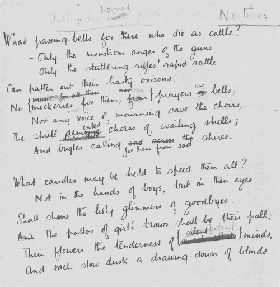 An absolute master at painting ink Polaroids was the war poet Wilfred Owen.
An absolute master at painting ink Polaroids was the war poet Wilfred Owen.
His descriptions were very deliberate. Even if you didn't speak the language, you could hear the meaning.
Owen used the sound of the words to reflect what the words were actually saying.
It's only a subtle effect, when you read his poems in your head. To get the full effect, you need to speak these lines aloud.
Try acting them out, if that helps. Anything to get the blatant sense of what he did here.
What passing-bells for these who die as cattle?
Only the monstrous anger of the guns.
Only the stuttering rifles' rapid rattle
Can patter out their hasty orisons.
You are reading the opening lines to Anthem for Doomed Youth. It is about soldiers dying in the trenches of World War One. It tells of the utter violence of their deaths; and the way in which they can't be honored with the usual funeral arrangements.
The first line has a hint of sibilance in 'passing', but no repetition, except for that last syllable of 'bells'. A passing-bell, by the way, is the slow tolling of a church bell, when the funeral procession is coming close.
He was recalling a quiet, pastoral scene. It's almost like a Sunday afternoon, despite the sad tone. He didn't have to write it like that. He could have said, 'slaughtered like oxen'. But that was too harsh. He needed us to be lulled into a false sense of security, because we're about to be startled by machine guns.
Bam! The first volley is loud and rhythmic - MONstrous ANger of the GUNs - we get that repetition in 'on', 'an' and 'un' sounds. Very similar, but nothing compared to what happens next.
Just listen to the gunfire in these words, 'stuttering rifles' rapid rattle'. Can you tell every time a bullet was shot there? Say it again, aloud and imagine the reality on that battlefield. The alliteration makes it real.
The men die there. They 'patter out', as consciousness fades. Those around them are embittered by the carnage. Now Owen ends on sibilance, 'their hasty orisons'. Now you can hear the hissing in the emotion. He's not a happy boy.
It's not just poetry where you can do this. Word pictures can be crafted in anything from a brief note to an epic novel. Just ask James Joyce. He was far more interested in his 'epiphanies' - catching the soul of the thing - than in actual word meaning.
Better yet, check out Lewis Carroll. His whole Jabberwocky barely contained a recognizable word, but it told a story brilliantly!



 Four friends were chatting outside a pub. They were a truly international lot - a Swede, a Ukrainian, a Spaniard and an English-born Celt. Between them, they had much more than that in the languages that they spoke.
Four friends were chatting outside a pub. They were a truly international lot - a Swede, a Ukrainian, a Spaniard and an English-born Celt. Between them, they had much more than that in the languages that they spoke.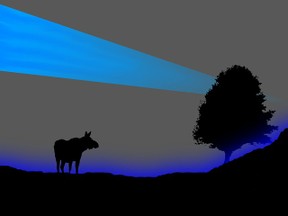 Let me show you how the same thing can be said in two different ways.
Let me show you how the same thing can be said in two different ways.
 An absolute master at painting ink Polaroids was the war poet
An absolute master at painting ink Polaroids was the war poet 



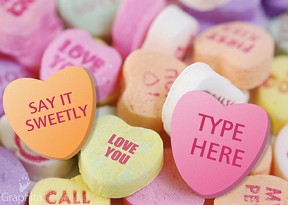 I was once writing a scene where the protagonist was fairly religious. He was also in love. I was attempting to convey that this relationship felt holy to him. His spirituality had ebbed into more worldly romance.
I was once writing a scene where the protagonist was fairly religious. He was also in love. I was attempting to convey that this relationship felt holy to him. His spirituality had ebbed into more worldly romance.


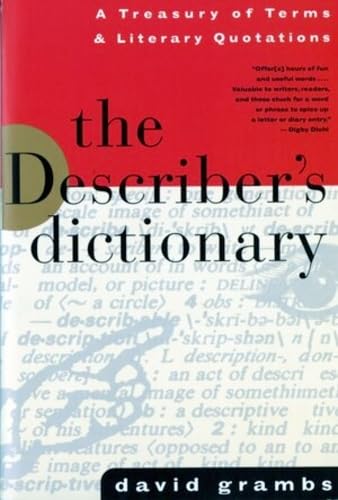






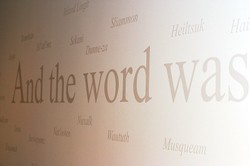

 St Tydecho's Churches in West Waleson 09/03/2014
St Tydecho's Churches in West Waleson 09/03/2014
 Goodies for an Outlander Premiere Partyon 03/06/2015
Goodies for an Outlander Premiere Partyon 03/06/2015
 Holocaust Memorial Day Interview with Rainer Höss, Grandson of Rudolf Architect of Auschwitzon 01/24/2015
Holocaust Memorial Day Interview with Rainer Höss, Grandson of Rudolf Architect of Auschwitzon 01/24/2015
 Romantic Valentine Gifts for an Outlander Fanon 01/16/2015
Romantic Valentine Gifts for an Outlander Fanon 01/16/2015

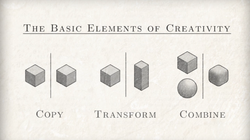
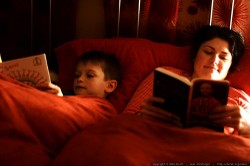
Comments
That was a great article, well researched. I think you would make an awesome writer.
I'm pleased that you do. <3
Really enjoyed your article, Jo! :-)
You're welcome, and thank you for your comment. :)
An interesting article with Rome great examples, thank you
Awww! Thank you very much, Winterfate.
This is a pretty interesting article! I agree totally with the fact that sometimes, it's not what you say, it's HOW you say it. :)
Liked and tweeted!
It's been way too long since I was in Spain. I hadn't been there since childhood! I'll have to go and visit my friend and listen to those lively conversations.
I tend to swear in Welsh if I'm working or playing a game (and therefore have kids listening over the headset); and English if I'm in an argument.
When I first moved to Spain, with speaking close to no Spanish, I thought that nearly every conversation was close to a fight because it was so 'animated'. Later as I actually understood what was said I knew it was just a lively conversation. As for swearing, I guess I am always more impressed by the meaning of words and less so by sounds, perhaps because of my bad hearing? When I swear myself I use several languages at once, the more languages I use, the worse my mood ;-) SY
I love hearing Italian spoken. I've never heard them swear though, so I don't know if that works.
You had a Welshman reading the words of another Welshman there. I'm truly biased, but yay! Dylan Thomas is one of the world's greatest word crafters though. :)